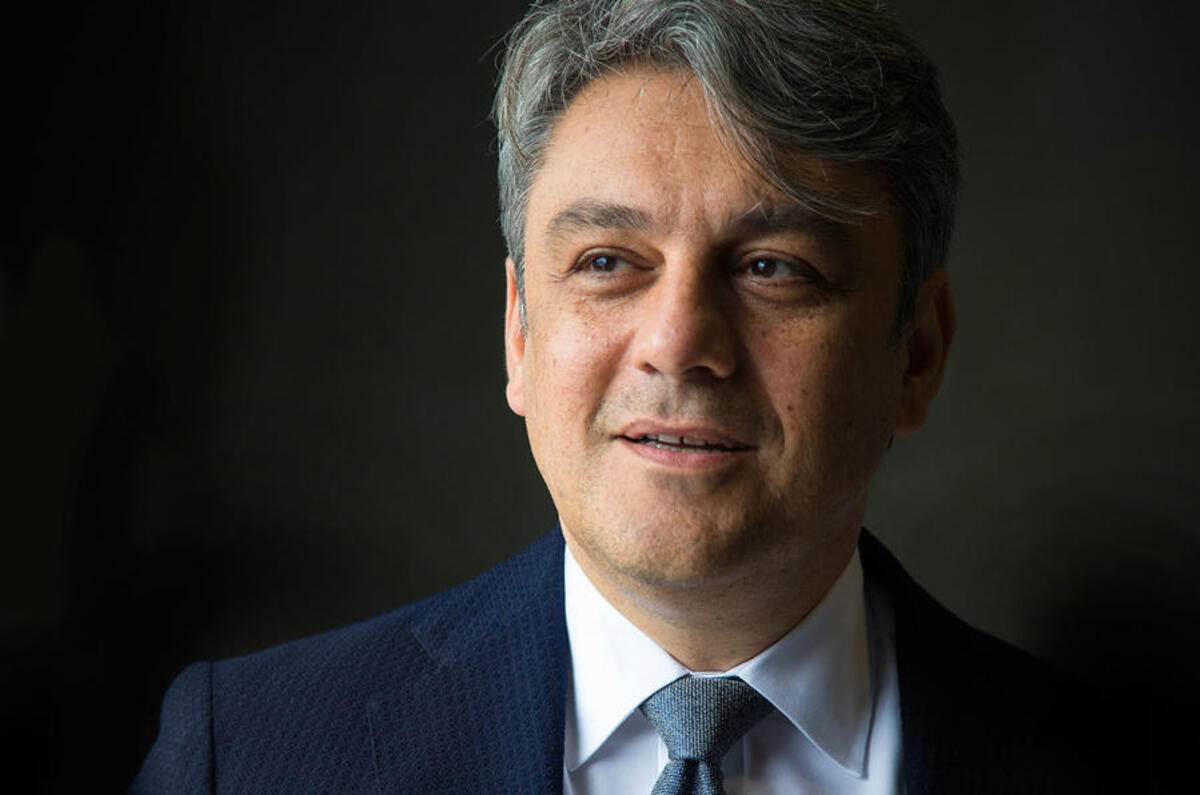People say the “Renaulution” planned by the French giant’s new CEO, Luca de Meo, draws simply and directly from what he learned from the previous six successful and profitable years at Seat, and that may partly be true. But I reckon the experiences that equip him for this job go back much further.
Even 20-odd years ago at Lexus Europe, which is the first time I encountered him, it was obvious that De Meo was heading for stardom, and that’s what happened. He switched the lights on and opened the windows in a notably stiff organisation, and for a while the company did quite well with cars like the IS200. But then De Meo was attracted back to the Fiat Group, not far from his Milanese birthplace, and Lexus returned to type.
You’ll read a lot of stuff about De Meo’s brand knowledge and his acute perception of the value of heritage — and it’s all true. He was successively at Lancia, Abarth and Alfa Romeo and he warmed up the modern performance of them all by making clever and selective use of heritage. His work at Abarth continues to bring success, in particular: he was first to decide this could be a stand-alone marque, and against the predictions of doubtful pundits it continues to do rather well in developed markets, including the UK.
His move to free Cupra at Seat is starting to look inspired (we’ll see) and in France he’s already saved Alpine and given it an exciting new F1 purpose. Both that drifting sports car company and Renault’s wavering F1 commitment have received the boost they badly needed.
But to me, De Meo’s biggest secret is benign, youthful, confident leadership. He talks sense. He acts fast. People enjoy his company. He doesn’t throw his weight about. I’m sure there are some who’ll say he can be the soul of toughness behind closed doors. But when I spent a day with him at Seat a few years ago he radiated what I called “geniality, restless energy and a deep love of cars and the car business”. He’s also an instinctive simplifier; a bloke who cuts through complication to find what’s really needed.
One quote from that 2017 meeting sticks in my memory. “People say I’m pretty good at sharpening businesses,” he told me, “and maybe I am. But it’s usually relatively easy to see what’s needed. The real job is to get to know the 80 or 90 people responsible for moving the machine.” De Meo — the Italian who chatted to his Renault interviewers in fluent French — won’t just “get to know” that influential 80 or 90. He’ll attract them to his way of thinking. This Renault gig may be “the job from hell” in some opinions, but I predict success.
READ MORE
Seat owes recent successes to ex-CEO Luca de Meo
Future of Alpine secured in restructured Renault group business








Join the debate
Add your comment
I remember your absolutely classic article on Danny Bahar !
Sorry Paul. In this case I must leap to Steves defence.
Luca is an inspired, and Inspiring individual, and I predict a far better future for Renault with him at the helm.
He is one of the best (if not the best) Auto industry leaders.
Good grief. Please stop fawning over industry leaders, and have some objectivity. He was influential in Lancia (dead,apart from Italy?), Arbrath (a badge on Fiat 500s, and tweaks), and Alfa Romeo (still not a success).
No idea on Seat, just not a range that appeals to me, so maybe he did well there?